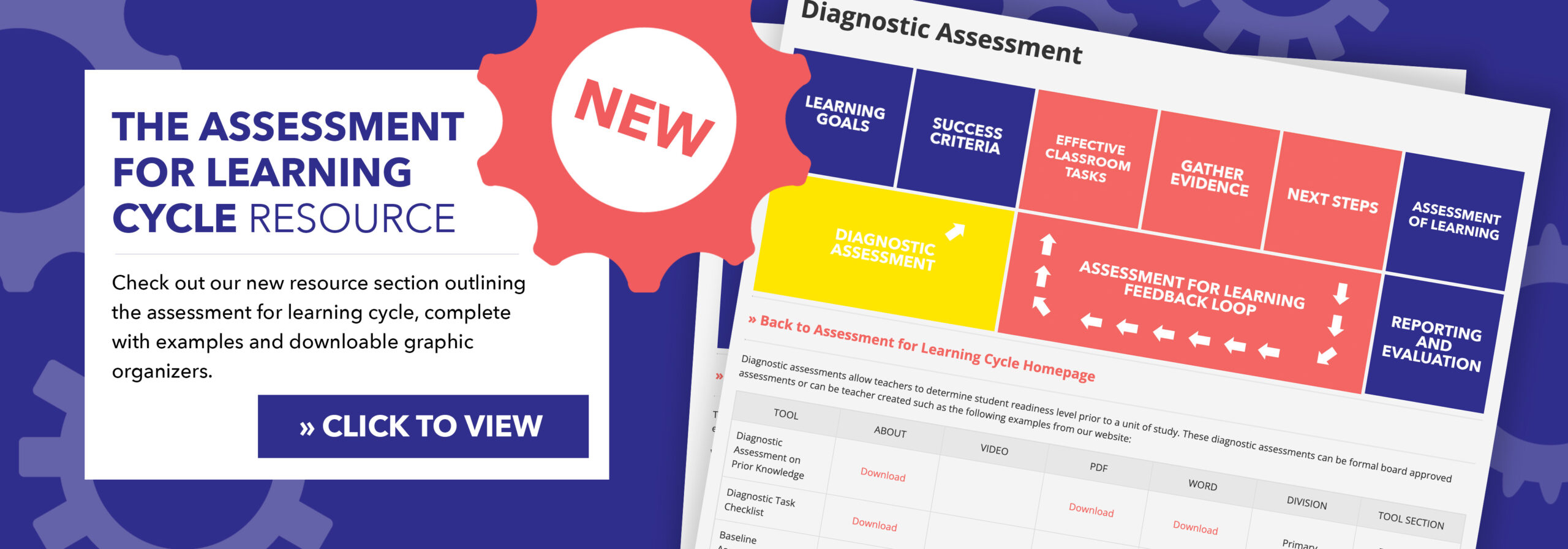TOOLS
ABOUT
Assessment plays a critical role in teaching and learning. As teachers become aware of the knowledge, skills, and attitudes of students, they use this information to inform their instruction. This then supports each child on their journey to success.
“ETFO Members Sharing in Assessment” provides teachers with a collection of tools and examples to enhance this ongoing process. Exploring the website will allow teachers the opportunity to choose or adapt tools that meet the needs of their students and their daily instruction practice. The focus of this website is Assessment for Learning and Assessment as Learning. The tools shared reflect this focus.
» READ MORE ABOUT ASSESSMENT
ETFO ON ASSESSMENT
ETFO has a strong position on the importance of classroom assessment and the information that teachers gather on a daily basis. ETFO sees this site as an opportunity to help members enhance their understanding of assessment and learn new strategies and approaches that are meaningful, well-organized and utilized by their peers in the classroom.
BUILDING BETTER SCHOOLS
EQAO-Driven Education Ontario must move beyond its current standardized assessment regime. The testing administered by the Education Quality and Accountability Office (EQAO) has been in place since 1998. Changes have been made to reduce the length of the tests and schedule them later in the school year.
STATEMENT & DEFINITION OF EQUITY
ETFO Statement and Definition of Equity. It is the goal of the Elementary Teachers’ Federation of Ontario to work with others to create schools, communities and a society free from all forms of individual and systemic discrimination. To further this goal, ETFO defines equity as fairness achieved through proactive measures which result in equality, promote diversity and foster respect and dignity for all.
Classroom assessment serves different purposes at different times. Assessment is not an instrument or an event but a collection of practices with a common feature: “they all lead to some action that improves learning.”
Chappuis, J. (2010). Seven Strategies For Assessment For Learning




